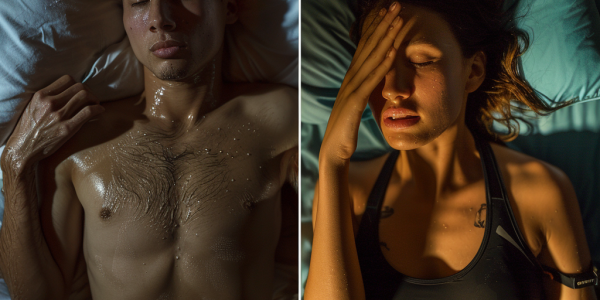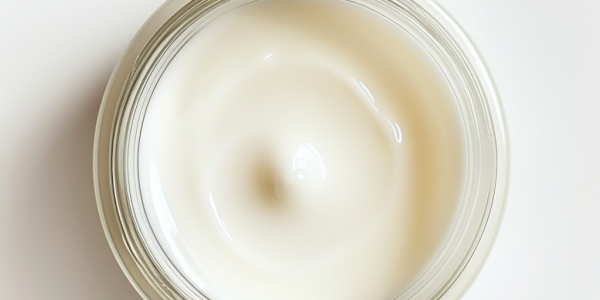Exercise May Alleviate Hangover Symptoms, Study Suggests
Recent research published in Addictive Behaviours reveals that regular exercise may significantly alleviate hangover symptoms. A study involving 1,676 students found a correlation between physical activity and reduced hangover severity, suggesting that engaging in vigorous exercise can help mitigate headaches, nausea, and fatigue after a night of drinking. Incorporating regular workouts not only promotes overall health but may also serve as a valuable strategy for lessening the impact of hangovers.
Young Student’s Bali Holiday Turns Terrifying with Dengue Fever
Learn about a young student’s terrifying experience with dengue fever while on holiday in Bali, Indonesia. Despite initially dismissing her symptoms as a hangover, Cara Pyperwent experienced high temperature, headaches, muscle pain, and extreme fatigue. This serves as a reminder of the importance of recognizing mosquito-borne diseases like dengue fever, even in low-risk locations, and the need for prompt medical attention.
Swiss Researchers Develop Milk-Based Gel to Revolutionize Alcohol Metabolism
Swiss researchers have developed a groundbreaking milk-based gel to revolutionize alcohol metabolism, aiming to reduce liver damage by converting alcohol into harmless acetic acid. Initial experiments on mice show promising results, with the gel reducing alcohol levels by 56% and decreasing acetaldehyde accumulation. While not a remedy for alcohol poisoning, this innovative gel offers a safer approach to alcohol consumption for those looking to prioritize their health.
Study Suggests Long COVID May Worsen Hangover Symptoms
A recent study from Stanford University suggests that long COVID may be linked to worsened hangover symptoms, such as headaches, nausea, and fatigue. The study found that SARS-CoV-2 infection could lead to increased alcohol sensitivity, impacting patients’ tolerance levels and triggering unprecedented symptoms at lower alcohol consumption levels. While further research is needed to establish a definitive link, the study sheds light on a potential connection between long COVID and alcohol sensitivity.




